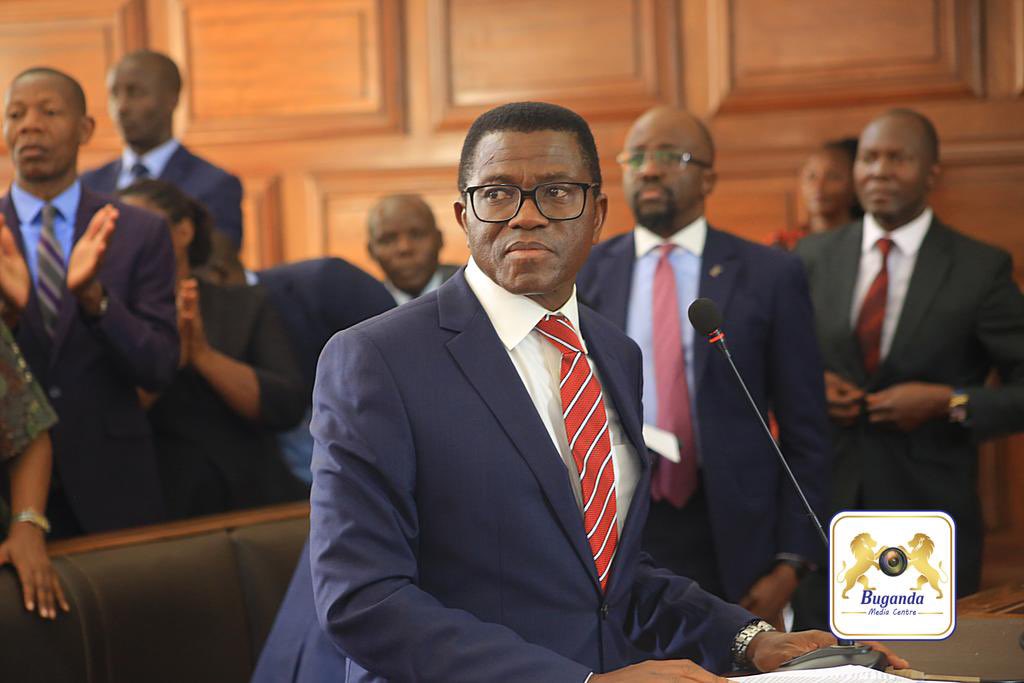
During a press briefing last week to mark 11 years as Katikkiro, Charles Peter Mayiga’s body language spoke volumes about the toll his role has taken on him. His tone conveyed a sense of resignation, as if he had "given up" on appeasing everyone. He winced at moments like a footballer who had taken a heavy tackle to the knee but smiled broadly when discussing topics he was passionate about. At times, he stared blankly into space, seemingly seeking divine intervention.
Mayiga's tenure as Katikkiro has been one of the most consequential in Buganda's recent history. He has played a pivotal role in promoting Buganda’s cultural heritage and traditions. At the press briefing, he highlighted his decree that official communications from the kingdom be written in Luganda. He also initiated the Ekisaakaate Kya Nnabagereka, encouraged responsible land management practices among the Baganda, and advocated for land registration and protection through the Kyapa Mungalo campaign.
Under his leadership, Buganda has seen a revival of its economic strength. The kingdom has pursued various economic and social ventures aimed at improving the livelihoods of its people. Initiatives such as the Masaza Cup, Etofali (fundraising), and the Kabaka Birthday Run have not only raised funds but also promoted community engagement and unity. Mayiga has also skillfully managed the delicate relationship between Buganda and the central government, navigating intricate political dynamics to secure support for Buganda’s cultural and developmental initiatives.
Despite these achievements, Mayiga has faced significant criticism. He has been criticized for his hairstyle, tone of speech, demeanor, and other personal attributes. Some people on social media accuse him of having too much "lugezigezi" (being a wiseacre), particularly in how he responds to criticism. Others long for the Mayiga of 15 years ago, who vocally criticized government officials on CBS radio. Now, they claim, he falls into the same category he once denounced.
Mayiga has also been accused of selling out to the central government in his efforts to repair the kingdom’s broken relationship with the government. For a long time, opposition politicians in Buganda used this strained relationship as a vital campaign tool. Now, with the relationship mended, some politicians are clearly unhappy.
The most significant criticism has been the accusation that Mayiga shields the Kabaka from his subjects. Whether true or false, this perception has caused discontent among the Baganda, who have a deep attachment to their king and wish to see him more often.
Charles Peter Mayiga’s 11 years as Katikkiro have been marked by both notable achievements and considerable challenges. While he has made significant strides in promoting Buganda’s cultural heritage, advancing economic development, and engaging diplomatically, his tenure has also faced criticisms related to political constraints, resource management, and social unrest. Despite the mixed opinions, Mayiga remains a pivotal figure in Buganda, embodying both the successes and struggles of his role. He is, indeed, the Katikkiro some Baganda love to hate

















